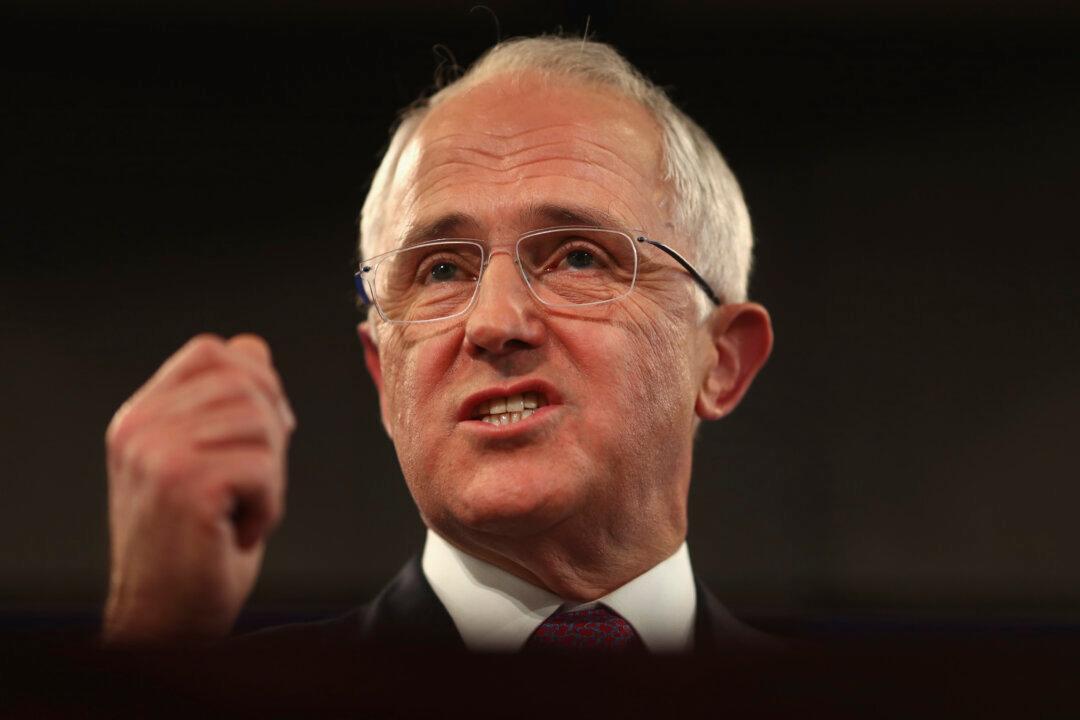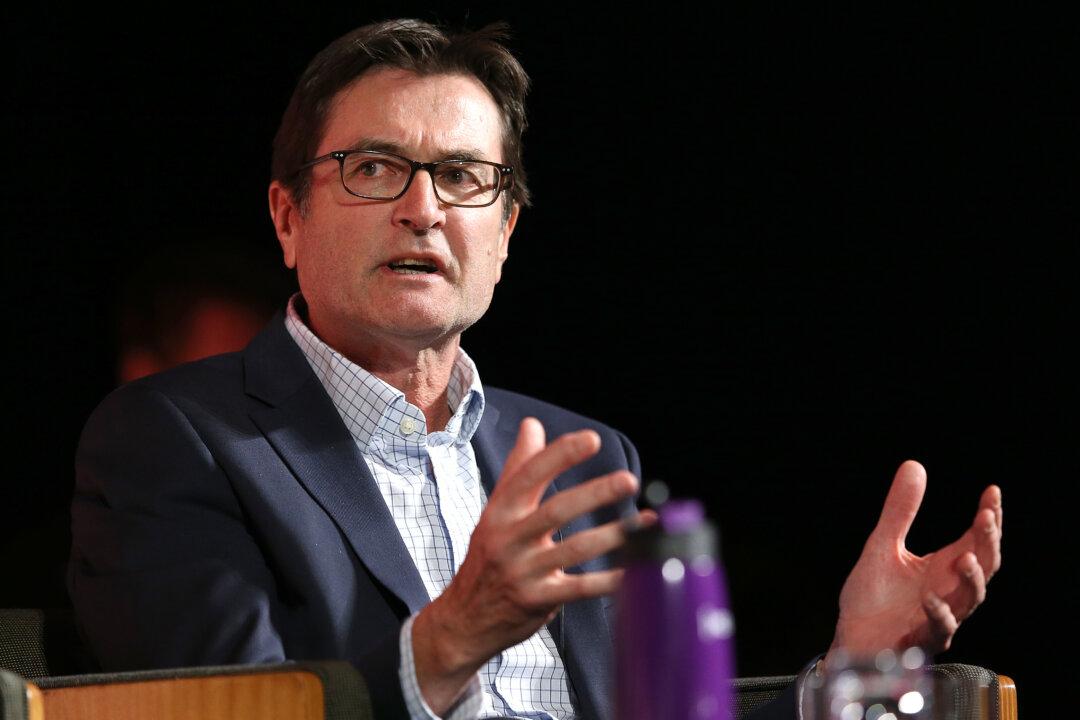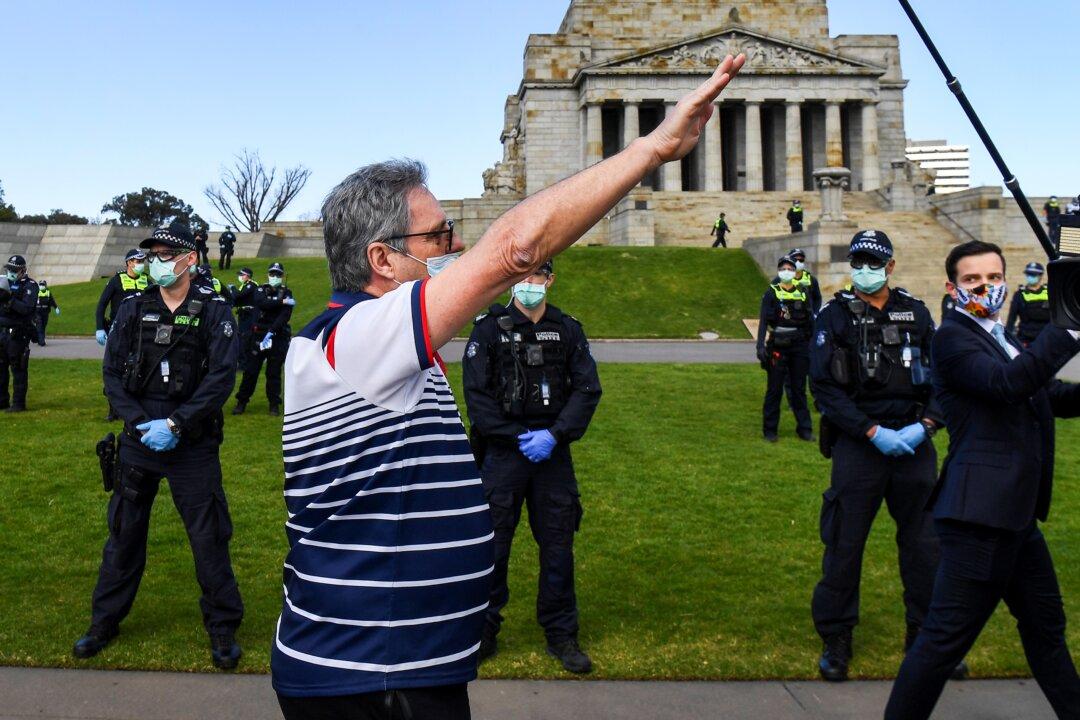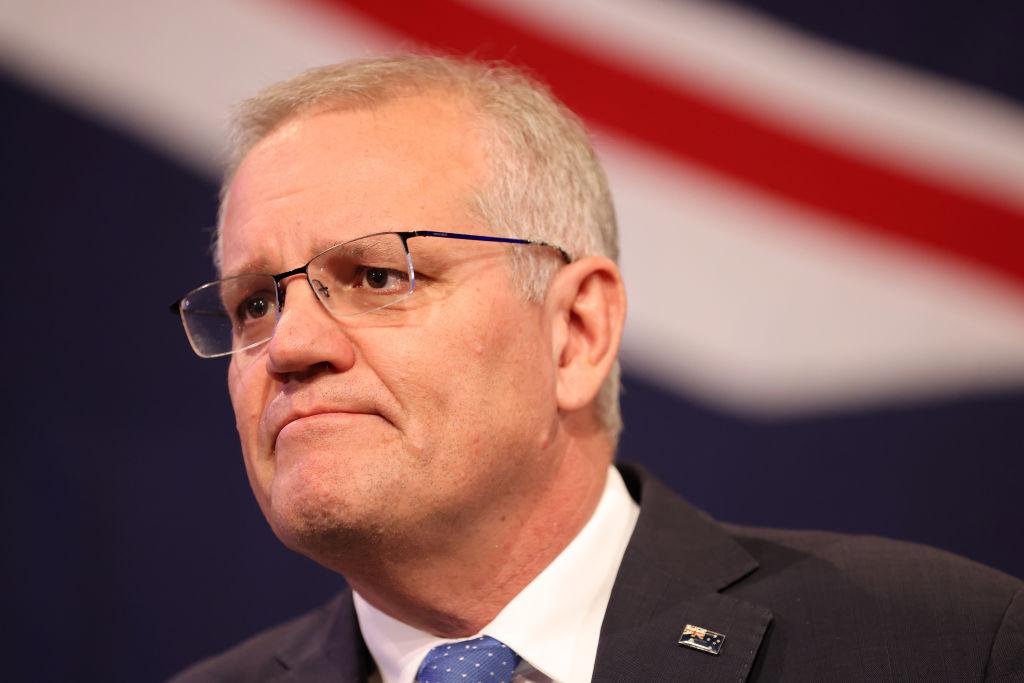Former Prime Minister Malcolm Turnbull has warned current Prime Minister Anthony Albanese against making a solidarity visit to Israel despite a number of Western leaders doing so.
Mr. Turnbull has disagreed with former Ambassador to Israel Dave Sharma’s urge for a prime ministerial visit, saying a sympathetic trip would be fruitless and that Mr. Albanese is better off focusing on domestic affairs.





